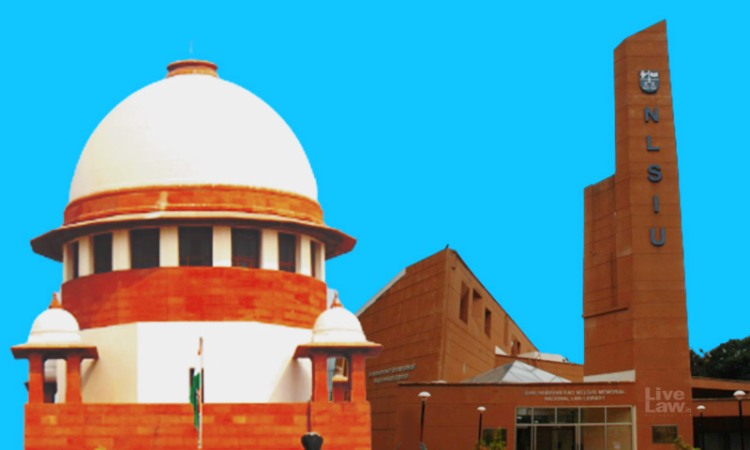The Karnataka 25% Government has moved the Supreme Court challenging the order of the KarnatakaHigh Court whereby it has struck down the 25 percent horizontal domicile reservation at the National Law School of India University (NLSIU) for students of Karnataka, introduced by the state government on April 27. The High Court has on September 29, invalidated the National Law School of...

